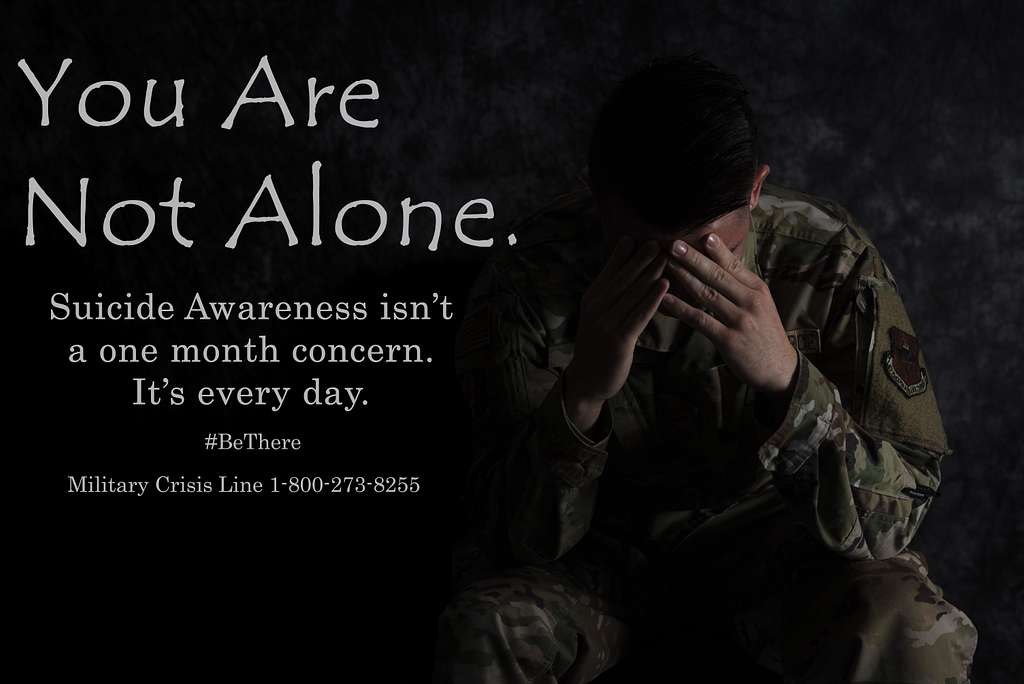The Department of Veterans Affairs compares the suicide rate of veterans and non-veterans and finds that the suicide ratio is 1.5x greater among veterans. According to this study, approximately 6,000 veterans suicide every year in the US, which is quite alarming. Suicides are not associated with a single cause. Hence, no single solution can reduce them. However, we can prevent it by taking certain collective measures. This article briefly discusses preventive steps we should take to reduce veterans’ suicide rates.
1. Improving Research Standards
To collect data and reduce the suicides among veterans and service members, the US government has been investing significant amounts and resources for a couple of years. Though it is a great initiative, the collected data has not yet been shared with relevant authorities. The federal government claims that they are working on further enhancing the research standards to get over the line.
2. Addressing Protective Factors and Risks
A proper mechanism must address the high-risk factors that may lead to someone’s death. These factors include; legal concerns, unemployment, food insecurity, homelessness, and financial problems. The protective factors – connectedness, enhancing problem-solving abilities, and improving coping – help veterans deal with risky factors effectively. The federal government plans to partner with private, public, state, and federal bodies to address the potential risks and spread awareness among veterans and their family members.
3. Improving Lethal Means Safety
Keeping a veteran (in crisis) away from self-harm means (medications or firearms) can greatly reduce the suicide rate. Yes, you have heard it right. The big authorities, including but not limited to HHS, DOD, DOJ, and DHS, are working on introducing a one-of-its-kind approach to improve lethal means safety. It will make an impact for sure.
4. Making it Easy to Access Effective Care Delivery
There must be easy access to effective care delivery for veterans sensitive to or suffering from addiction, stress disorders, anxiety, depression, or behavioral issues. This approach closely focuses on improving mental health care facilities to give confidence to the veterans, service members, and their loved ones. Official agencies are also paying closer attention to this aspect.
5. Enhancing Crisis Care
Continuous follow-on support and premium-quality crisis care are necessary for veterans at high risk of suicide. This strategy highlights the importance of enhancing care facilities in emergency setups. These settings play a key role in boosting the willpower of veterans and helping them get out of this trouble.
Crisis Hotlines
If you or a loved one needs immediate help, don’t hesitate to contact one of the crisis hotlines listed below.
These are free, confidential support, 24 hours a day, 7 days a week, 365 days a year.
Military Crisis Line ~ Call 988 then press 1
You can also text 838255 or get Online help
National Suicide Prevention Lifeline ~ Call 800-273 – (8255)

